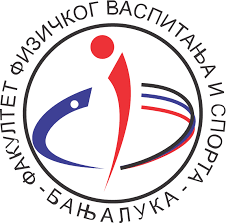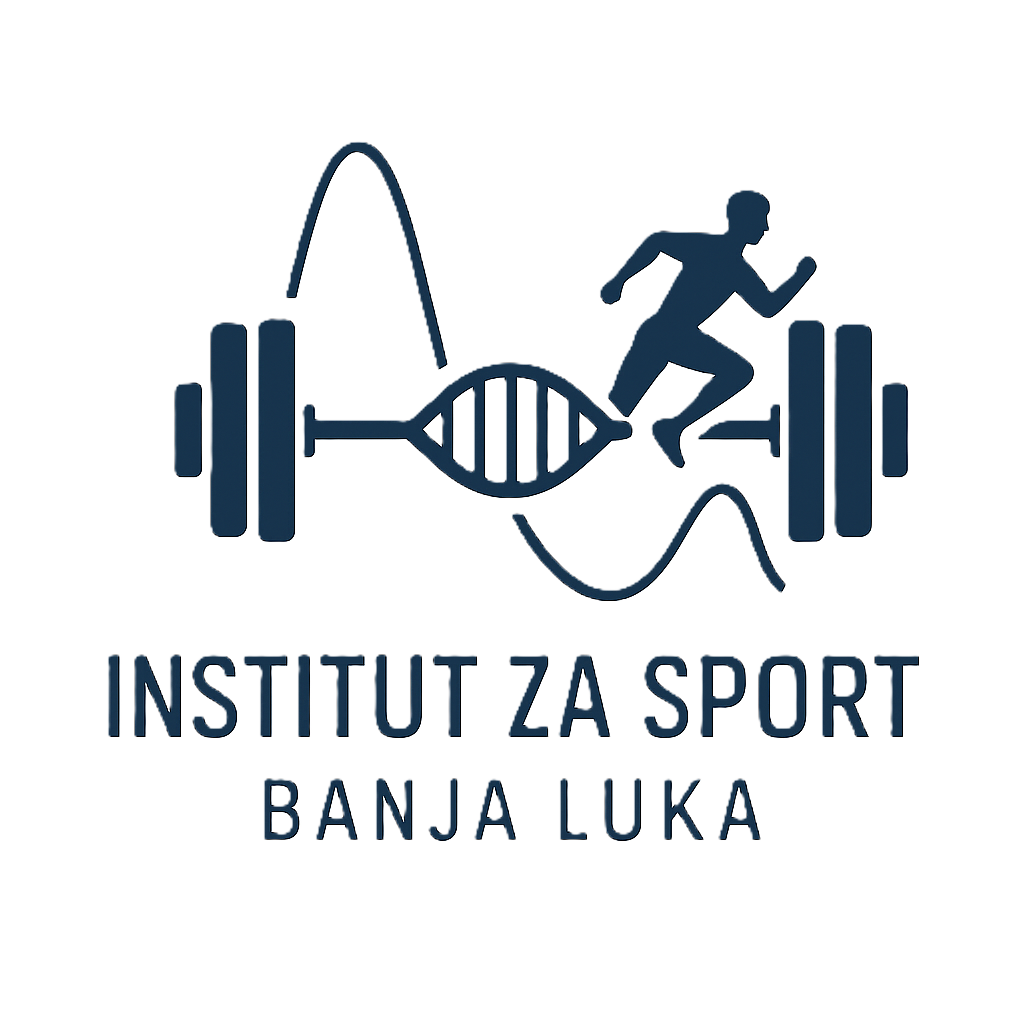Differences in Personality Traits and Emotional Intelligence of Athletes and Non-Athletes: The Role of Gender and Performance Level
Original article
Submitted: 09/09/2025
Accepted: 10/10/2025
Published: 24/10/2025
UDK: 159.942:796.4.071
Authors
Correspondence email: dusko.lepir@ffvs.unibl.org
Abstract
The increasing interest in the psychological impact of sports engagement has led to growing scientific efforts to understand whether athletes exhibit distinct psychological profiles compared to non-athletes. This study investigates differences in personality traits and emotional intelligence (examined both as a trait and as an ability) between athletes and non-athletes, with a particular focus on the role of gender and level of sports achievement. A total of 481 participants from Bosnia and Herzegovina took part in the study, including 277 athletes (58%) from 16 different sports and 204 non-athletes (42%). The sample comprised 260 males (163 athletes, 97 non-athletes) and 221 females (114 female athletes, 107 female non-athletes). Four validated instruments were employed to assess psychological traits: The Big Five Inventory (BFI), the Situational Test of Emotional Understanding (STEU), the Situational Test of Emotional Management (STEM), and the Emotional Skills and Competence Questionnaire (ESCQ). The results revealed that athletes score significantly higher in conscientiousness and extraversion and demonstrate better emotional management skills compared to non-athletes. However, they also exhibit lower openness to new experiences. These differences are more evident among male participants. No statistically significant differences were found between athletes of different performance levels (e.g., elite vs. recreational), suggesting that the mere involvement in sport, regardless of competitive level, may be linked to specific psychological traits. These findings underscore the importance of considering sport participation as a factor influencing personal development, particularly in relation to personality structure and emotional competence. However, the cross-sectional nature of the study limits causal interpretations. Therefore, future research should employ longitudinal designs and integrate sport-specific psychological assessments, while also considering socio-cultural contexts that may shape both sport experience and psychological functioning. Although additional investigation is necessary, the results are encouraging, indicating that sport practice may have positive effects on the development of enduring psychological characteristics, such as personality traits and emotional competence.
Keywords: emotional competence, Big Five, sports performance, diverse sports



